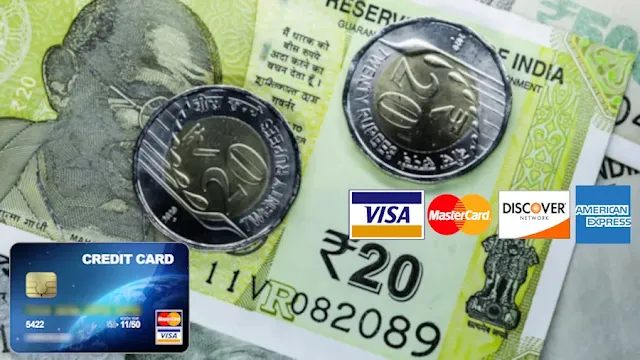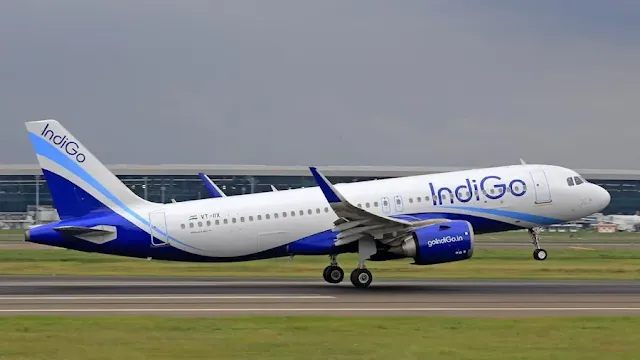In India, coconuts hold cultural and religious significance, often accompanying travelers. However, airport security in India may require passengers to leave coconuts behind to comply with safety regulations and mitigate potential risks associated with transporting them.
Traveling with food items, especially something as specific as a coconut, can raise questions about airline regulations, airport security and customs policies. Whether you’re flying domestically within India or internationally, it’s important to know the rules and guidelines for carrying such items to ensure a smooth travel experience.
Although coconuts are typically seen as harmless tropical fruits, their high oil content poses a fire hazard. Coconut oil has a low flash point, meaning it can ignite at relatively low temperatures. This makes coconut meat a potential fire risk, especially in confined spaces like airplanes.
This article explores the regulations for carrying coconuts on both domestic and international flights to and from India.
Domestic Flights Within India
To ensure the safety of passengers and crew, coconuts are prohibited in both hand luggage and checked luggage. This ban primarily targets copra, the dried coconut meat, which is highly combustible due to its dryness and high oil content. Consequently, the ban also applies to whole coconuts, given their potential risk as dangerous goods.
International Flights to and from India
When it comes to international flights, the regulations can be more complex due to different countries' customs and agricultural policies:
Export from India: For departing flights from India, carrying coconuts in checked baggage is less clear. Please confirm with your airline. However, it’s important to declare any food items at customs to avoid any penalties or confiscation.
Import Regulations: The regulations for bringing coconuts into another country vary significantly. Many countries have strict rules regarding the importation of agricultural products to prevent the spread of pests and diseases. It is crucial to check the customs regulations of your destination country.
- United States: The US has stringent rules about bringing plant products, including coconuts. You must declare them upon arrival, and they may be inspected by the US Department of Agriculture. In US, civil penalties may be assessed for failure to declare prohibited agricultural products and may range up to $1,000 per first-time offense for non-commercial quantities.
- European Union: EU countries also have strict regulations. It’s advisable to declare coconuts and be prepared for them to be inspected or even confiscated.
- Australia and New Zealand: Both countries are very strict about biosecurity. Bringing coconuts requires thorough inspection, and in many cases, it’s better to avoid carrying them.
Airline Regulations: Different airlines may have varied rules regarding the transport of coconuts on international flights. Always check with the airline beforehand to ensure compliance with their policies.
Practical Tips for Traveling with Coconuts
- Check Airline Policies: Before traveling, review the airline’s policy on carrying coconuts. Contact customer service if you’re unsure.
- Declare at Customs: Always declare food items at customs, both when departing and arriving. This can prevent fines and ensure a smoother travel experience.
- Consider Alternatives: If carrying whole coconuts is too complicated, consider alternatives like desiccated coconut or coconut products that are less likely to raise issues with customs.
Coconuts are prohibited on flights due to their high oil content, posing a fire hazard. This ban also includes copra, the dried coconut meat, due to its increased flammability. However, sealed retail-packaged coconut products are generally permitted as they are considered safer. Whole coconuts are allowed without specific quantity limits, but opened or packaged coconuts may require additional screening. It is essential to comply with the final decisions of airport security officers at checkpoints to ensure the safety and security of all passengers.








